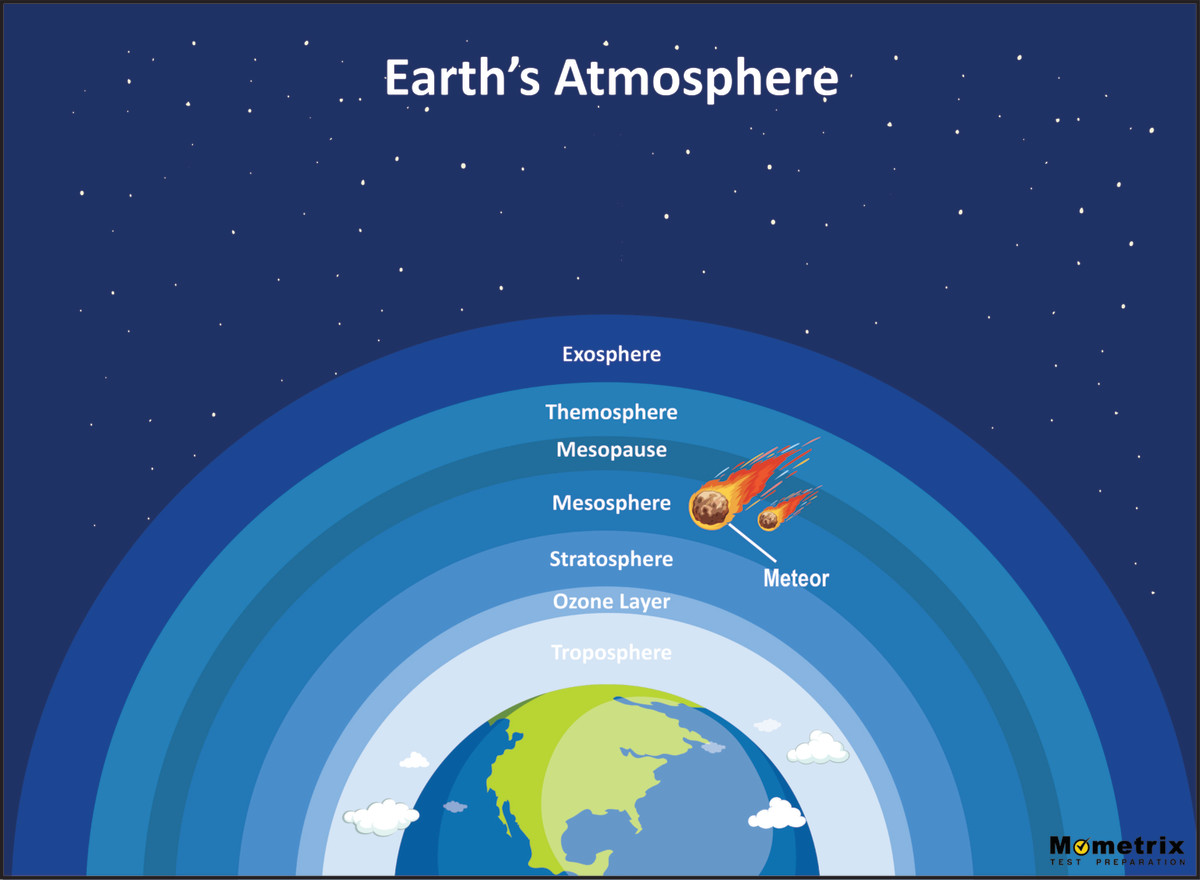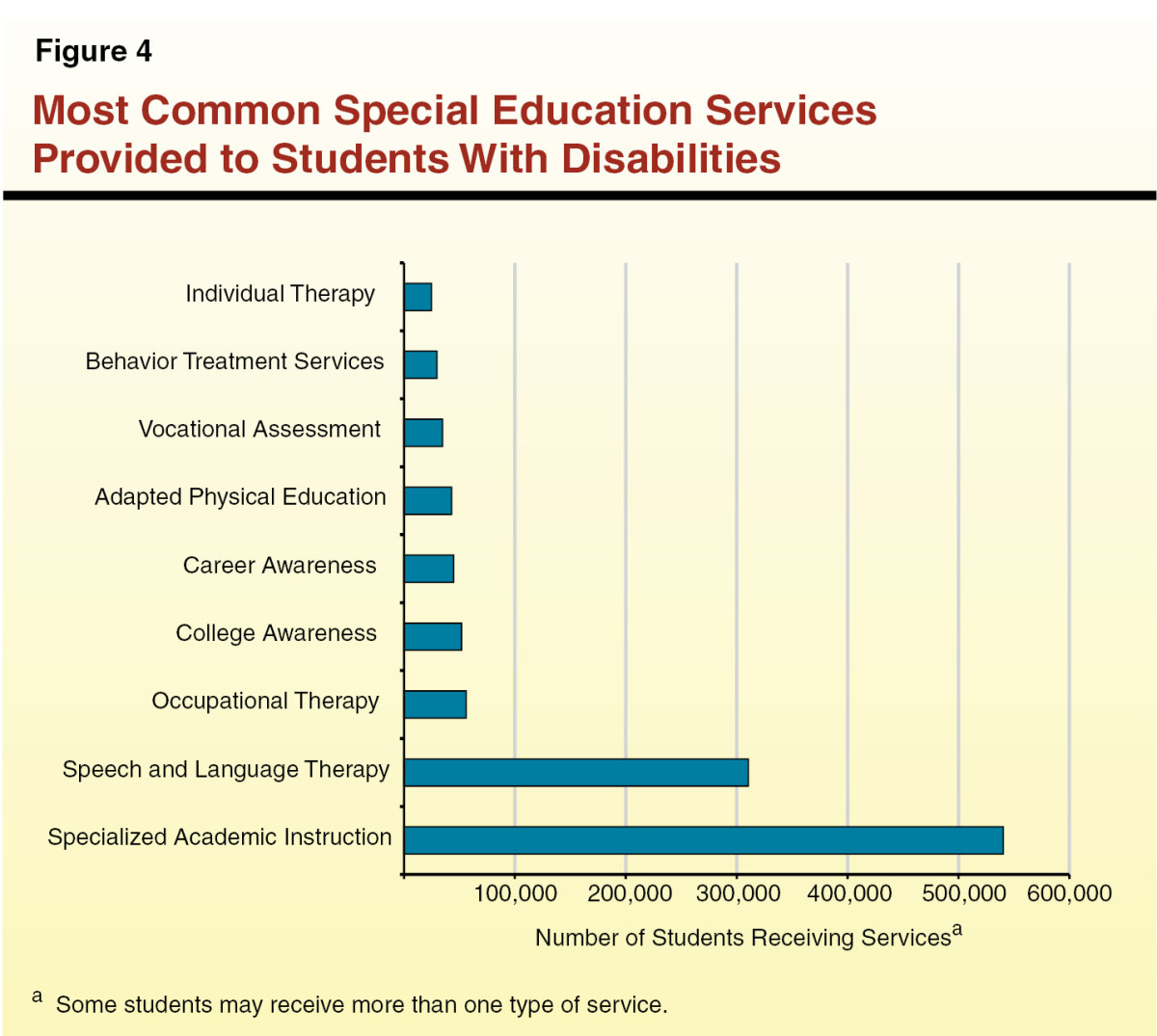Hey Bureaucrat, Leave Those Teachers Alone
Politicians Love to Tell Teachers How to Teach

Education Problems in America
Politicians always talk about money. Some say that spending more money on education is the answer. Others say spending isn’t tied to performance. In addition, merit pay and "per student spending" are always hot topics. While money is always a controversial topic in education, this article isn’t about money.
Politicians always talk about making sure no child falls between the cracks of our educational system. They enact bill after bill in order to make sure all students receive an education. Some of these bills are funded, and others aren’t. This article isn’t about education bills.
Politicians often complain about teacher quality and unions. There are some interesting points to be made within this discussion. This article, however, isn’t about unions or placing blame on teachers.
Ask any veteran teacher about trends in education, and they’re sure to tell you that they’ve seen them come and go. So many people claim to be educational experts, and they all have different philosophies, programs, and clichéd anachronisms. Studies are always proving or disproving previous studies. Educational movements overtake previous movements and then are subsequently replaced by whatever is deemed to be the latest and greatest. Education, in its totality, is merely one big fad that is occasionally interrupted by hard-working, successful teachers that actually make a difference, despite the bureaucratic pendulum that fickly swings to and from trendy, short-lived educational practices.
Educational experts, typically professors, authors, and graduate students, profess their own philosophies, though they have either never been in a class or haven’t been in one for years and years. Politicians weigh in with often ridiculous, bureaucratic policies that do nothing but cause confusion, create extra work, and produce new problems. Publishers create trendy, color-filled texts that do little to promote real student success but are intended to do one thing, produce large profits. Everybody wants higher student achievement, so pressure mounts, building with each and every year. Administration feels this pressure and passes it down to teachers. Teachers try to overcome the enormous mountain of bureaucracy, red tape, ridiculous expectations, and limitations. They ultimately and inevitably fail to achieve the almost-impossible task placed before them, resulting in a scapegoat status. The process continues in a circular manner, resulting in perpetual mediocrity and frustration. Teachers are the scapegoat, and students are the losers.
Reading Comprehension

Education Problems: Education, the Soft Science
How did we get to this point? There are many answers, but I don’t profess to have them all. I haven’t participated in studies. I haven’t authored a book about the topic, and I’m not a professor at a highly acclaimed school. I’m merely a successful teacher, so few will listen. To some, I’ll sound bitter, perhaps burned out. To others, I’ll sound outdated. For the few who listen, I might strike a chord.
Everybody thinks they’re the expert. This is a big part of the problem. Most people spend a significant amount of time in school, typically at least 13 years. They think they see how schools work. Familiarity breeds contempt. Many people think they know how to teach, because they feel they can emulate their previous teachers, typically their favorites. There are many problems with this. Students do not really know what teaching is like, because they only see one facet of the process, the actual teaching. They know nothing about the behind-the-scenes duties that take place each day, the training necessary to be successful, and the countless hours spent making sure students succeed. This familiarity really isn’t the main problem though. Doctors, attorneys, engineers and other professionals have what some people often colloquially call hard-science professions. These professions are perceived as scientific, rigorous, or exact. Education, on the other hand, is often perceived as a soft-science profession, one that doesn't focus on exact, rigorous, or scientific data. Instead, education is often perceived as a profession that merely works with children for nine months of the year, perhaps daycare with some teaching. It’s looked at as a social science that really has no rigor. For this reason, coupled with familiarity, many people feel they are knowledgeable in education. Because of this soft-science perception and familiarity, there are simply too many cooks in the kitchen. Unfortunately, many of these cooks are vocal and end up dictating what happens in the classroom, despite their lack of expertise.
Bureaucrats, politicians, and special interest groups have been dictating curriculum for years. Teachers have increasingly lost control of this process, and now we’re being told what to teach and when to do the teaching, often in the name of curriculum mapping. Standardized testing partially reveals what has and hasn’t been taught, but it doesn't reveal the value of the curriculum. With mounting pressure for teacher accountability and performance pay, teachers are forced to teach these concepts or be penalized. How many times have we heard parents complain about the “new math” or another concept that wasn't taught when they were in school? The reason is simple. Teachers now have to teach a multitude of concepts that shouldn't be taught. I’m not talking about programs such as sex education, drug awareness, gang resistance, fitness awareness, tolerance classes, etc. With increasingly less time to teach, that might be a topic of debate for another time. What I am referring to is a curriculum that pleases bureaucrats, politicians, and special interest groups but does little to actually further education.
The Curriculum Problem
Here is an actual sample question from third grade:
King Academy students take part in five field trips during the school year. They visit a library, a museum, a park, a movie, and a zoo. How many different ways can the five trips be ordered for the school year?
A 25
B 8
C 120
D 125
This is a concept that is now being taught in 3rdgrade. It’s a required standard in Arizona. Though most adults would miss this problem, choosing 25, third graders are expected to do better. The answer is actually 120. Third graders are supposed to be able to not only multiply 1x2x3x4x5 to get 120 but also realize that this is the solution. Did you do this when you were a third grader? I didn't. Instead, we were learning our multiplication tables, learning to multiply two or three-digit numbers, and learning division. On the surface, this doesn't seem like a problem. It seems as if standards have merely increased, however, there's a problem with this. Most third graders aren't academically or developmentally ready for this kind of math.
In fifth grade, Arizona teachers are required to teach students about vertex edge graphs and Euler circuits. Can you remember learning about these concepts? When I was a fifth grader, we were learning about long division, fractions, and decimals. Again, some will say that this simply shows how the curricular rigor has increased. Actually, these concepts are being taught in place of basic skills such as long division, fractions, and decimals. What do you think is more important, division or Euler circuits?
In fifth grade, Arizona teachers are required to teach about omniscient, third-person characters. We’re also required to cover superlative adverbs, repetition persuasion, and sonnets. When I was a fifth grader, we learned how to write and understand what we were reading. At the time, America was the envy of every other nation. Now, American schools are considered inferior to the schools in virtually every other industrialized nation in the world. Our fifth graders can identify omniscient characters, but they can't understand what they're reading.
Achievement Tests Fail to Measure the Value of the Curriculum
There’s no doubt that the curriculum has changed, though some “experts” seem to think it has been static. The changes seem to imply that students no longer need extra time learning the skills of yesteryear. The truth is quite different though. My fifth graders still struggle to write in complete sentences. They still don’t fully understand what they’re reading, and decimals tend to be a challenge. Third graders still need time to learn multiplication tables and division; the skills of yesteryear are still a challenge for today's students. Unfortunately, teachers have less time to teach these concepts, because we’re busy worrying about vertex edge graphs and other less-important skills. Our norm-referenced tests have forty-five questions in math and forty-five in reading. Typically, there are three or four questions about multiplication and one or two about vertex edge graphs. Does that mean teachers are supposed to spend roughly only twice as much time on multiplication? Isn't multiplication a lot more important than that? One or two of the forty-five questions will be about omniscient or limited, third-person characters. Roughly ten will be about comprehension. Does this seem balanced to you? Disproportionate attention is being directed at skills and concepts that are either inappropriate or unimportant. Teachers are being forced to teach skills and concepts that are both inappropriate for the grade level and unimportant, under the guise of teacher accountability and increased standards. Because of this, less time is available to teach reading comprehension, basic and fundamental math skills that will be necessary in life, and writing skills. The answer to this problem is simple. We need to return to a back-to-basics approach, focusing on standard and useful skills in math, reading, and writing. This can't happen, however, until ridiculous curricular demands are eliminated and simplified. We need to teach concepts that are useful and important, not concepts that are chosen merely because they appear to increase our curricular rigor.
I'm sure some "experts" will be addressing this soon, because it's time for the next fad in education. Let's hope it's one that actually focuses on practical and realistic learning expectations, one that is unfettered by outside interests and politics.



